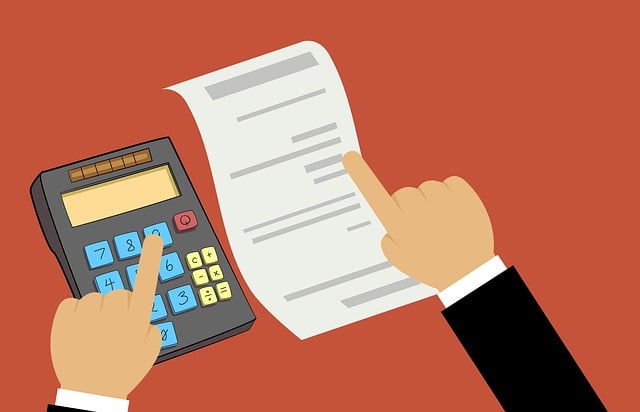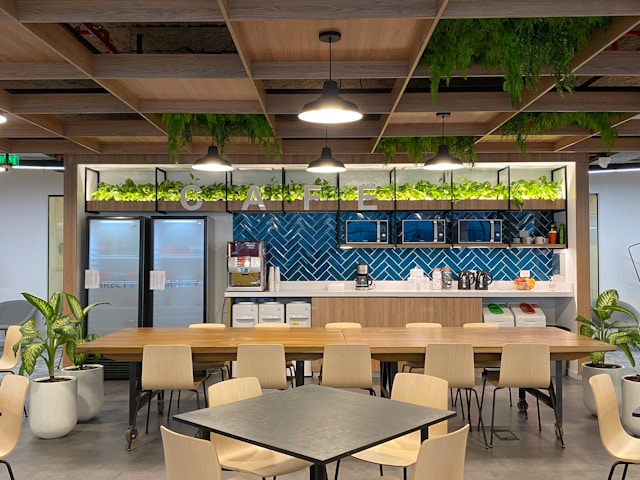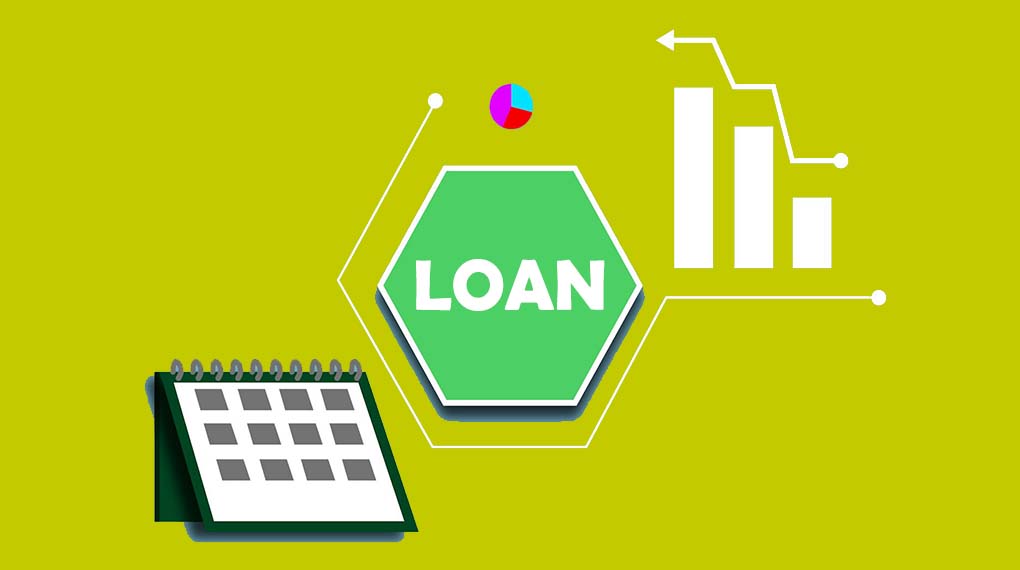Managing Cash Flow: A Personal Finance Perspective
Effective cash flow management is important for reaching personal financial goals and achieving financial stability. It involves understanding the flow of money into and out of your personal finances and making strategic decisions to ensure you always have enough to meet your obligations. In this article, we will explore several strategies for managing cash flow effectively.
Budgeting
Creating a budget is always the most crucial aspect of cash flow management. It allows you to track your income and expenses to ensure you live within your means. Start by recording all sources of income and every expense over a month. This will provide a clear picture of where your money is going. Next, categorize your expenses into fixed and variable categories. This classification helps identify areas where you can cut back if needed.
Defining short-term and long-term financial goals, such as saving for a vacation, planning for retirement, or building a housing fund, is important too. These goals give you a purpose to stick to your budget. Once you have your goals, allocate portions of your income to each expense category and savings goals, ensuring that essential expenses are covered first.
Regularly reviewing your budget is crucial to ensure you stay on track. Adjust your spending if you notice you are exceeding limits in certain categories. For example, if your monthly income is RM3000, and your expenses total RM2000, you have an RM1000 surplus. You could allocate this surplus to savings or paying down debt, ensuring your financial stability and progress toward your financial goals.

Reducing Expenses
Cutting unnecessary expenses is a direct way to improve cash flow. If you have any subscriptions, it is time to evaluate and cancel those you do not use or need, such as streaming services or software subscriptions. Shopping smart can also make a big difference. Practice a habit of always utilizing coupons, buying in bulk, and taking advantage of promotions to reduce grocery bills. Additionally, adopting energy efficiency practices can significantly lower utility bills. This includes using energy-efficient appliances, turning off lights when not in use, and using air conditioners wisely.
Another major area for potential savings is dining out. Preparing meals at home instead of eating out frequently can save a significant amount of money over time. For example, if you spend RM200 a month on dining out, cutting that expense in half by cooking at home could save you RM100 a month. This saving can then contribute to your goals or help you pay off debt faster. Finally, it is important to review your insurance policies to ensure you are getting the best rate for the coverage you need.

Increasing Income
Increasing your income is another effective way to manage cash flow. One option is to take on side hustles, such as freelance work, part-time jobs, or gig economy opportunities. These additional income streams can supplement your primary income and help boost your overall financial health.
Another approach is to ask for a raise. If you have been in your job for a while and have demonstrated your value, consider negotiating a raise with your employer. Be prepared with evidence of your accomplishments and the market rate for your position.
Besides, you can also declutter your home and sell unused items on online platforms or secondhand marketplaces. This not only generates extra cash but also helps you maintain a more organized living space.
Investing in stocks, bonds, or real estate is another avenue to increase your income through passive means. However, it is crucial to understand the risks involved and possibly consult with a financial advisor before making significant investment decisions. Additionally, you might explore further education or skills training to advance your career, potentially leading to higher-paying job opportunities. By combining these strategies, you can effectively boost your cash flow and enhance your financial stability.
Building an Emergency Fund
An emergency fund is an important financial buffer. It can help cover unexpected expenses without disrupting your cash flow. To build one, start by setting a target to save at least 3 to 6 months’ worth of living expenses. Such fund amounts can provide a cushion for emergencies like medical expenses or job loss. Automating your savings can make this process effortless. Set up automatic transfers from your main account to a dedicated savings account. If saving a large amount seems daunting, you can always start with smaller and manageable goals, such as saving RM200, then RM300, and gradually increasing the amount. Even starting with RM50 per month will accumulate over time, helping you build a solid financial safety net.
Personal Loan as a Temporary Solution?
While it is best to manage cash flow without borrowing, sometimes unexpected expenses or emergencies necessitate the need for quick cash. In such cases, personal loans can serve as a temporary solution. To ensure you use this option wisely, first assess your need and only take out a personal loan for necessary expenses that you cannot cover with your emergency fund.
Next, look for the best rates by comparing loan offers from different lenders to find the most favourable interest rates and terms. It is extremely important to look for legitimate and reputable lenders. Besides, always consider repayment terms and ensure the monthly payments fit within your budget to avoid financial strain. Additionally, have a clear plan for repayment to pay off the loan as quickly as possible to minimize interest costs.
For example, if you face a medical emergency and need RM10,000 immediately but you only have RM6000 in your emergency fund, a personal loan of RM4000 with a low interest rate can help you manage the expense without disrupting your financial stability. By following these guidelines, you can use personal loans effectively and responsibly as a temporary financial solution.

Conclusion
Managing cash flow is crucial for financial health and achieving personal financial goals. There are many effective strategies for ensuring a positive cash flow. In situations where you need quick access to cash, when used carefully, a personal loan can provide temporary relief. By implementing these strategies, you can gain control over your finances and build a secure financial future.